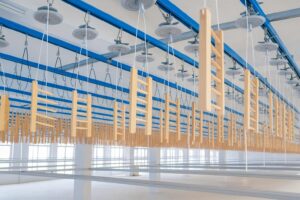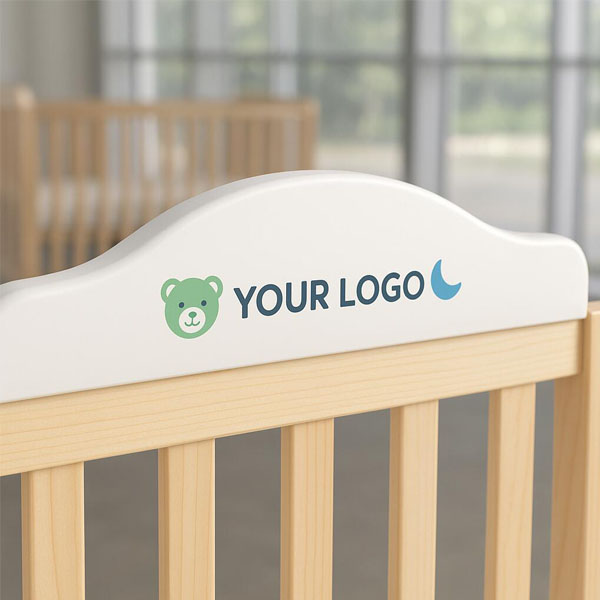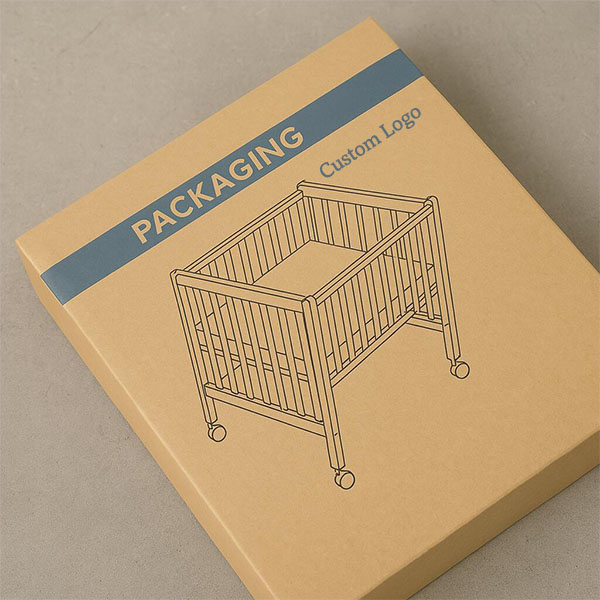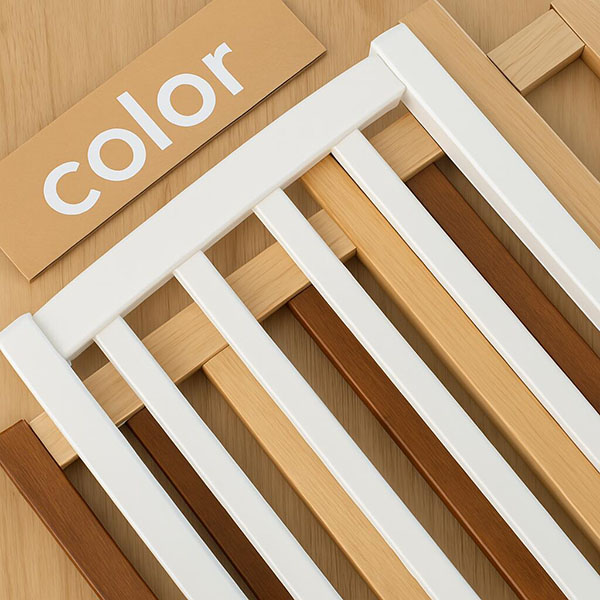What Is a Moses Basket? A Complete Guide for New Parents and Retailers
Whether you’re preparing for your first baby or stocking your shop with newborn essentials, you’ve likely heard of a Moses basket. But what exactly is it—and is it worth the space and spend?
A Moses basket is a small, portable bassinet designed for newborns up to 3–4 months. It offers a snug, cozy sleep space that’s easy to move from room to room.

In this guide, I’ll explain what a Moses basket is, how it works, who it’s for, and how both parents and retailers can make the most of it.
What is a Moses basket made of?
It’s more than just a basket—it’s a lightweight sleeping space with thoughtful design.
A Moses basket is typically made from natural materials like palm, maize, or wicker, with a firm mattress and breathable sides.

Key components of a Moses basket
Most Moses baskets include the following:
- Woven basket shell – usually handwoven for structure and style.
- Mattress – firm, flat, and sized to fit snugly.
- Fitted sheet – cotton or organic fabrics are common.
- Handles – for carrying (never with the baby inside).
- Optional stand – for raising the basket off the floor, sometimes with a rocking feature.
| Part | Material Example | Purpose |
|---|---|---|
| Basket shell | Palm, maize, wicker | Lightweight structure |
| Mattress | Foam or coir | Firm sleep surface |
| Handles | Leather or cloth | For easy mobility (when empty) |
| Lining (optional) | Cotton, muslin | Comfort and design |
Some modern versions use soft fabric or plastic shells for easier cleaning and more durability.
Why do parents use a Moses basket?
Newborns don’t need a large crib right away—and that’s where Moses baskets come in.
Parents use Moses baskets to keep their baby close, comfortable, and safely positioned for naps and overnight sleep.

Ideal for newborn needs
A Moses basket offers a snug, secure space that mimics the tightness of the womb. That helps babies settle easier and sleep longer. Because it’s portable, it also allows parents to keep their newborn nearby while moving around the house.
In my early weeks as a new parent, I kept the Moses basket beside my bed at night and moved it to the living room during the day. It gave me flexibility and peace of mind.
Short-term but high-impact
While it’s only used for the first 3 to 4 months, it fills a gap between hospital discharge and crib readiness. For parents who aren’t ready to set up a full nursery or want to co-room temporarily, the Moses basket is a simple solution.
How long can a baby sleep in a Moses basket?
It’s a short-term solution by design.
Most babies can sleep in a Moses basket until they are 3 to 4 months old, start rolling over, or reach the weight limit of 15–20 lbs.

Key transition signs
You’ll know it’s time to stop using the basket when:
- Baby begins to roll or push up
- They outgrow the space physically
- The bottom of the basket starts to sag
- They approach or exceed the weight limit
I transitioned my baby to a crib at 12 weeks when she began wiggling side to side. Safety comes first—so don’t wait for a milestone to hit before planning the next sleep space.
Are Moses baskets safe for sleep?
When used properly, yes—Moses baskets are a safe choice for newborn sleep.
A Moses basket is safe if it follows firm sleep guidelines: flat mattress, no loose items, and supervised use with a secure stand or floor placement.

Follow the ABCs of safe sleep
Moses baskets should always support:
- Alone sleeping (no toys or blankets inside)
- Back sleeping (always place baby on their back)
- Crib-like surface (firm, flat mattress)
Avoid thick padding or decorative bumpers, which can restrict airflow. Ventilated sides are best. Always double-check product safety certifications if buying new or reselling.
Do retailers need to stock Moses baskets?
If you sell newborn gear, this product shouldn’t be overlooked.
Yes, Moses baskets remain a popular and emotional purchase for expecting parents, especially those looking for natural, mobile sleep solutions.

Why Moses baskets sell well
They’re often seen as a beautiful gift item and part of the “dream nursery” setup. Many parents add them to registries for style as much as function. Eco-conscious buyers also love baskets made from natural, sustainable materials.
Retailers can appeal to:
- First-time parents wanting essentials
- Grandparents or friends shopping for gifts
- Eco-friendly buyers who prefer non-plastic items
- Home décor-conscious shoppers
Offer a few options—classic handwoven, modern minimalist, and travel-friendly styles—to cover different needs and budgets.
What can I use instead of a Moses basket?
There are several safe alternatives depending on your space and budget.
Instead of a Moses basket, you can use a full-size crib, bedside bassinet, travel cot, or bedside co-sleeper.

| Option | Best For | Limitation |
|---|---|---|
| Crib | Long-term use | Not portable |
| Bassinet | Small spaces, first 6 months | Short usage span |
| Pack ‘n Play | Travel and play area use | Not as snug for newborns |
| Co-sleeper | Safe bed-sharing alternative | Requires careful setup |
Each has its own pros and cons, but none offer quite the same combination of style, portability, and newborn fit as a Moses basket.
Conclusion
A Moses basket is a cozy, portable sleep solution perfect for a newborn’s first few months. While not essential, it provides comfort, closeness, and flexibility that many parents value—and retailers should keep on their radar.












